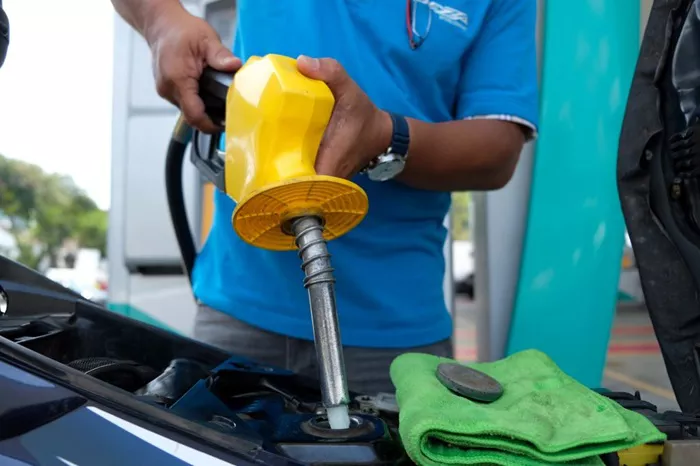Malaysia’s ambitious plans to reduce petrol subsidies face uncertainty following a significant electoral defeat for the government in a state by-election over the weekend. The outcome in Sungai Bakap, where the Islamist opposition party PAS retained a rural seat with a commanding majority, underscores growing discontent with Prime Minister Anwar Ibrahim’s economic policies.
The election result is seen as a strong rebuke of the government’s strategy, particularly its recent moves to replace blanket diesel subsidies with a targeted system. Despite assurances from the government, experts argue that these changes have failed to alleviate the financial strain on Malaysians amidst persistently high living costs.
Bridget Welsh, an honorary research associate at the University of Nottingham’s Asia Research Institute in Malaysia, highlighted voter dissatisfaction with the implementation of subsidy cuts, noting a lack of engagement with affected stakeholders.
Malaysia’s economic recovery from the pandemic has been uneven, forcing many private-sector workers to dip into their savings to meet daily expenses. Critics accuse the government of exacerbating inflationary pressures through cuts to various subsidies, including utilities and poultry, as well as the recent removal of broad diesel subsidies.
According to Penang Chief Minister Chow Kon Yeow, voter discontent over rising living costs and efforts to trim the country’s substantial subsidy bill were key factors in the election outcome.
The government’s decision to phase out blanket diesel subsidies led to a sudden 50% increase in diesel prices, prompting public outcry and adding to political challenges faced by Prime Minister Anwar’s administration. The move was intended to curb smuggling and reduce government spending by approximately 4 billion ringgit annually.
Prime Minister Anwar Ibrahim recently indicated a cautious approach to further subsidy reductions, citing the need for public feedback and an assessment of the impact of recent reforms. Analysts warn of significant political hurdles in increasing prices for RON95 petrol, currently subsidized by the government.
Maintaining petrol subsidies, however, complicates efforts to reduce Malaysia’s fiscal deficit amid a substantial national debt, exacerbated by issues such as the 1MDB scandal.
James Chin, an expert on Malaysia from the University of Tasmania, cautioned that the government’s failure to protect vulnerable groups from the diesel subsidy cut may worsen if similar measures are applied to petrol subsidies. He emphasized the necessity of addressing implementation issues and public dissatisfaction to avoid further economic and political repercussions.
Analysts recommend a more gradual approach to subsidy reforms, ensuring adequate support for low-income and middle-class households while addressing public concerns more effectively. The government’s ability to navigate these challenges will be crucial in determining the success of its subsidy reduction strategy moving forward.
Related topics:
Updated Petrol And Diesel Prices Across Major Indian Cities
Petroleum Prices Fourth Consecutive Increase Expected
Soaring Petrol Prices Hit Northern Nigeria Amid Subsidy Removal

